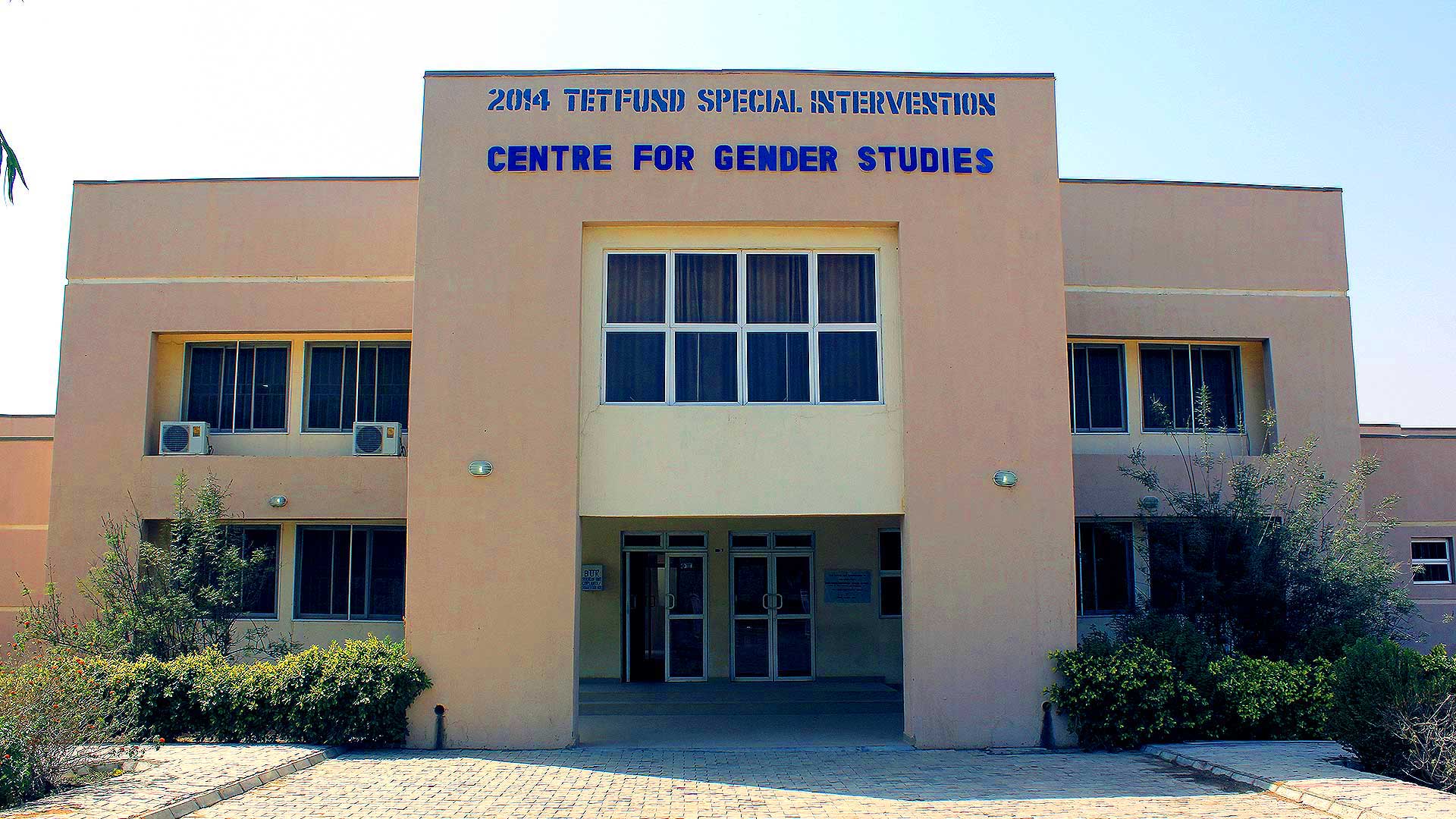
As the world focuses and faces new challenges in the areas of family, religion, human rights, politics and democratic governance, the need for a center for Gender Studies can hardly be overemphasized. Women constitute a large chunk of the disadvantaged even though they make up more than half of the population in Nigeria (2006 Census). They are the least educated and politically underrepresented in Northern Nigeria notwithstanding the unrivaled position and respect Islam has accorded them. The Country Gender Report confirmed that "human development outcomes for girls and women are worse in the North, where poverty levels are sometimes twice as high as parts of the South:72% in the North-East compared with 26% in the South-East and a national average of 54%" (CGR, 2012). However, the Lack of research, publications and translations of works in Arabic by the Muslim scholars has resulted to some distortion and misrepresentation of the practical realities of gender issues in Muslims societies. This has also negated the principles that emanated from the United Nations Fourth World Conference in Beijing. This is what necessitates a need for reawakening on gender related issues.
The center Proposes to build a knowledge base for the Improvement of the Situation of men, women and girls by analyzing their specific problems, needs and interests. By creating knowledge for bridging the private-public sphere, the center hopes to examine societal norms and expectations regarding the place of women and men as well as their functions in the society. The center shall explore strategies of empowering the disadvantaged people within their families which are the foundation for building communities, peace and consolidating the development of Nigeria. Multidisciplinary in Nature, the centers will work with other Centers, various department in the University in the teaching, research and training of students and members of the society on issues related to gender.